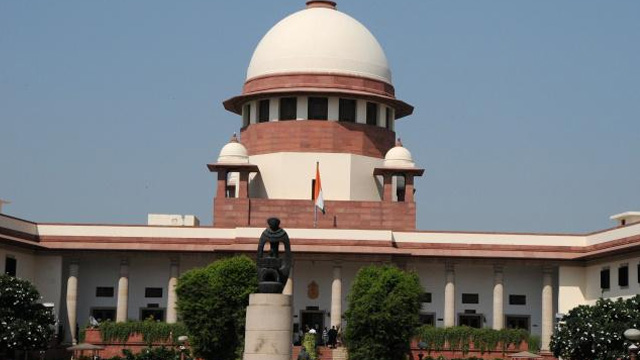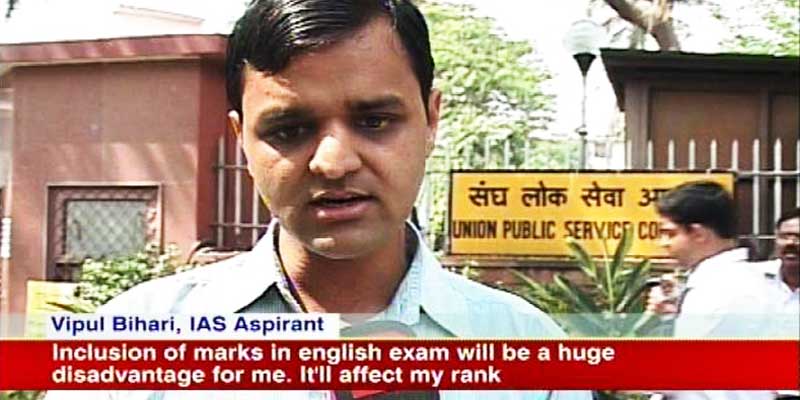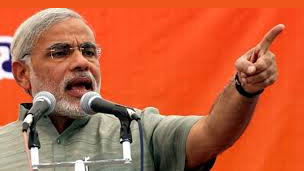There is no reason to fear that the higher courts will not protect the rights of honest officers, the Supreme Court said when the government insisted on retaining the power to approve graft probes against public servants.
There is no reason to fear that the higher courts will not protect the rights of honest officers, the Supreme Court said on Thursday when the government insisted on retaining the power to approve graft probes against public servants.
The government claimed that its nod should precede corruption case investigations against officers of the rank of joint secretary and above to safeguard their interests.
The apex court bench of Justice R.M. Lodha, Justice Madan B. Lokur and Justice Kurian Joseph said: “The Supreme Court and high courts being the constitutional courts are the protector and guardians of the rights of the people, then why will they not protect the rights of the honest officer.”
The court said this in the course of the hearing of the government response on whether its prior sanction was an absolute must for investigations against bureaucrats and whether the power gets vested in the Central Vigilance Commission after giving it the power to supervise the CBI’s investigation.
The issue surfaced in the course of the hearing on public interest litigations seeking cancellation of coal blocks that were irregularly allocated.
The court made it clear that its hearing was not limited to any particular case but was only concerned with the “ambit and scope” of Section 6A of Delhi Special Police Establishment Act, a law that controls the legal powers of the CBI.
At the outset of the hearing, the court brushed aside a plea by petitioner advocate Manohar Lal Sharma seeking the investigation into the role of all the former coal ministers and Prime Minister Manmohan Singh during the period when he was looking after the ministry.
The court was told that the CBI has already filed 13 first information reports and has just named those who were allocated coal blocks and neither the officials nor the ministers involved in the alleged wrongdoings.
The judges said the investigations were still in preliminary stages and it would not digress from the issue of examining the ambit and scope of Section 6A of DSPE Act, which they were hearing Thursday.
Under Section 6A of the act, it is mandatory for the CBI to seek prior sanction of the government for investigating an officer of the joint secretary rank or above for alleged offences under the Prevention of Corruption Act.
Attorney General G.E. Vahanvati told the court that the court directed or court monitored investigation by the CBI did not stand on a different footing from normal investigation when it came to following the procedure of seeking advance permission of the government.
The government asserted that the apex court could not “waive off or negate” the express statutory provision as Section 6A of the DSPE Act was in the nature of “procedure established by law”.
Vahanvati told the court that it (court) could not say by way of clarification that prior approval of the government was not required as the powers of supervision of investigation by the CBI have been shifted to the Central Vigilance Commission.
He told the court that as and when the investigating agency would approach the government for sanction under Section 6A of the DPSE Act, the government would pass a reasoned order.
In the event of the government rejecting the investigating agency’s request for sanction, the issue could be brought before the court to determine its correctness, the attorney general told the court.
“The view why sanction has been denied will be before the court. Both points of view (that of the government and the CBI) will be there for the court to consider. The decision of the government will not be final. The view of the court will be final,” the attorney general told the court.
“When the court is balancing the interest, then the government should have the right to decide on sanction and same can be done in four weeks,” Vahanvati told the court.
IANS





